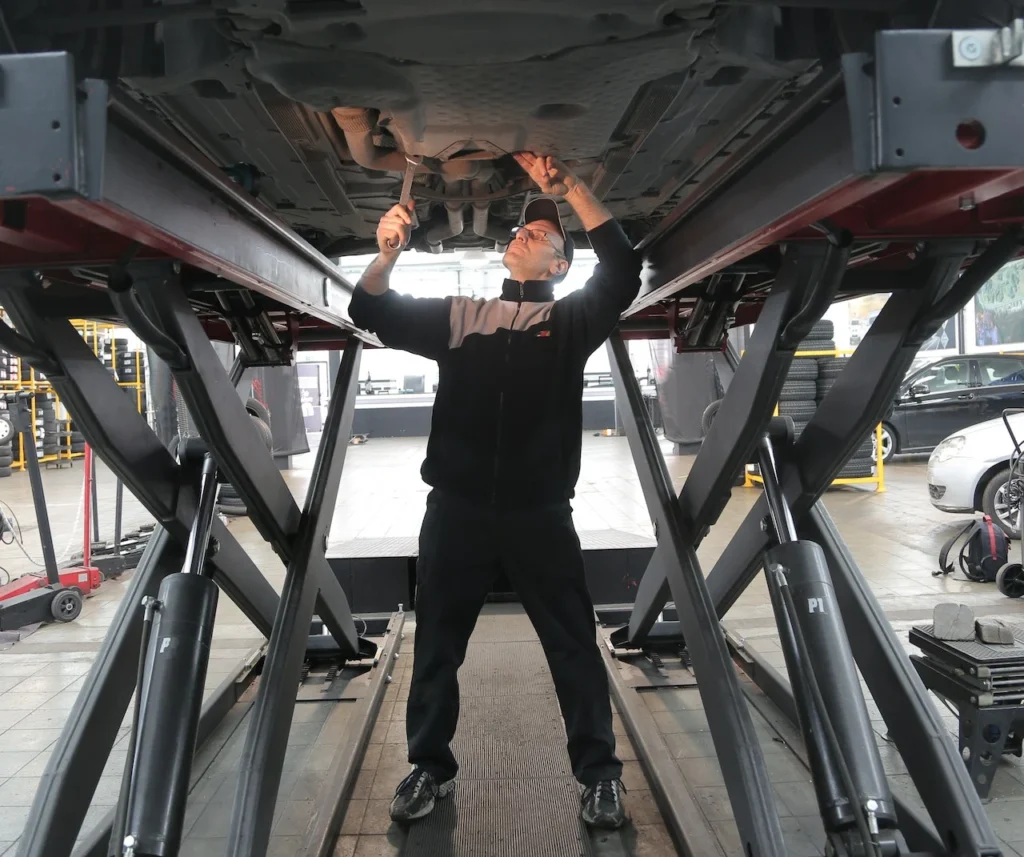Regular car maintenance is essential for ensuring that your vehicle continues to perform at its best, minimizing the risk of unexpected breakdowns and prolonging its lifespan. Comprehensive car maintenance involves a range of tasks, each of which plays a crucial role in maintaining the vehicle’s overall health and reliability. These include routine checks on the engine, transmission, brakes, tires, and electrical systems, as well as more specialized procedures like fluid changes and inspections of key components such as the battery and exhaust system. One of the primary aspects of car maintenance is regularly changing the engine oil and replacing oil filters. Oil lubricates the engine, reduces wear and tear, and helps maintain smooth operation. Over time, however, oil breaks down, losing its ability to protect the engine effectively, which is why routine oil changes are vital. Along with oil changes, keeping an eye on the vehicle’s coolant and transmission fluids is also essential for avoiding overheating and ensuring proper gear function.
Another critical maintenance task is inspecting the brakes. Brakes are an essential safety feature, and any issue with them, whether it is worn-out pads, low brake fluid, or damaged rotors, can lead to dangerous driving conditions. Ensuring your brakes are in top condition will help maintain vehicle control and improve stopping power. Similarly, tire health should not be overlooked. Tires are the only point of contact between the vehicle and the road, making it vital to check tire pressure, tread depth, and alignment regularly. Properly inflated tires and correctly aligned wheels promote better fuel efficiency, handling, and overall safety. Electrical components, including the battery, alternator, and lights, should also be checked periodically. A failing battery can leave you stranded, while an unreliable alternator might cause electrical malfunctions. Furthermore, the car’s lighting system, including headlights, brake lights, and turn signals, should be tested for optimal visibility and safety on the road, particularly during night driving or poor weather conditions.
Scheduling regular maintenance checks with a certified technician will ensure that all aspects of your vehicle are thoroughly inspected and repaired when necessary. Technicians are trained to identify potential issues before they escalate into costly repairs, saving you time and money in the long run. Additionally, rv travel destinations will have access to advanced diagnostic tools that can pinpoint underlying problems that may not be immediately apparent to the average driver. It is important to consult your car’s manual for manufacturer-recommended maintenance intervals, as this ensures that you are meeting specific guidelines for your make and model. Regular maintenance not only keeps your car running smoothly but also contributes to better fuel efficiency, reduced emissions, and improved safety for you and your passengers. Whether you are due for a routine oil change, brake inspection, or tire rotation, scheduling your repair service today will help you avoid inconvenient breakdowns and costly repairs in the future.